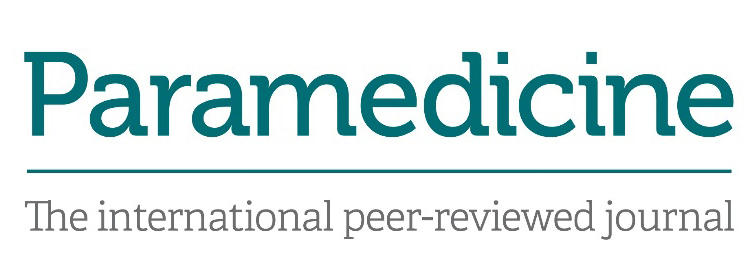|
|
|
TITLE: Patient Experiences with Paramedics for Intimate Partner Violence-Caused Reasons: Challenges, Solutions and Next Steps for Clinical Practice Nicole Merritt1,2, Tori N. Stranges2, Stephen Bartlett3, Simon Sawyer4, Paul van Donkelaar2, Rory A. Marshall1,2
INTRODUCTION: Intimate partner violence (IPV) persists as a severe and prevalent criminal, social, and health issue, most commonly affecting women. Survivors of IPV frequently engage with the healthcare system to access treatment, support, and resources. Paramedics commonly encounter, either knowingly or unknowingly, patients experiencing IPV. There is little empirical research on how paramedics manage cases involving IPV. OBJECTIVE: To examine how the perspectives and experiences of survivors of IPV who have been attended to by paramedics can inform our understanding of paramedic services. METHODS: Using an interpretive description qualitative approach in the context of paramedicine, self-identified women (18+ years) who reported a history of IPV and being attended to by paramedics for IPV-caused reasons participated in semi-structured interviews. Interviews were transcribed verbatim and de-identified. De-identified transcripts were inductively analyzed (NVivo) for common patterns. RESULTS: N=9 survivors participated in interviews. Participants experienced physical, sexual, psychological, and coercive control forms of IPV with cyclic and escalating violence being common. Participants reported receiving basic and minimal paramedic services, primarily following instances of severe IPV. Challenges included bias and discrimination, poor individual paramedic conduct, undereducated and undertrained paramedics, insufficient infrastructure, inadequate transitions into healthcare and community services, perpetrator dynamics, and survivor dynamics. Corresponding solutions were safe and equitable paramedic behaviour, respectful conduct, mandatory education and training, developing functional infrastructure, develop functional transitions, and utilize techniques to engage with perpetrators and survivors. CONCLUSIONS: Substantial challenges may cause survivors of IPV to be underserviced by paramedic services. Inaction to improve paramedic service may be fatal for survivors. Survivor-derived solutions may act as a guide to bridge gaps in paramedic service delivery. With improved service delivery, paramedics could evolve into expert resources for survivors of IPV. |
Nicole Merritt has close to a decade of experience in the prehospital and paramedicine setting. A recent Bachelor of Science in Nursing graduate from the Faculty of Nursing at the University of British Columbia Okanagan.




